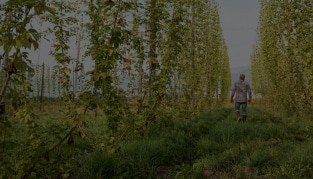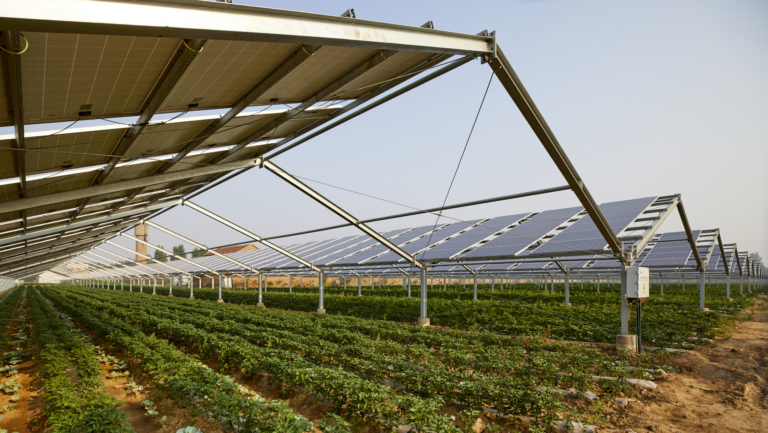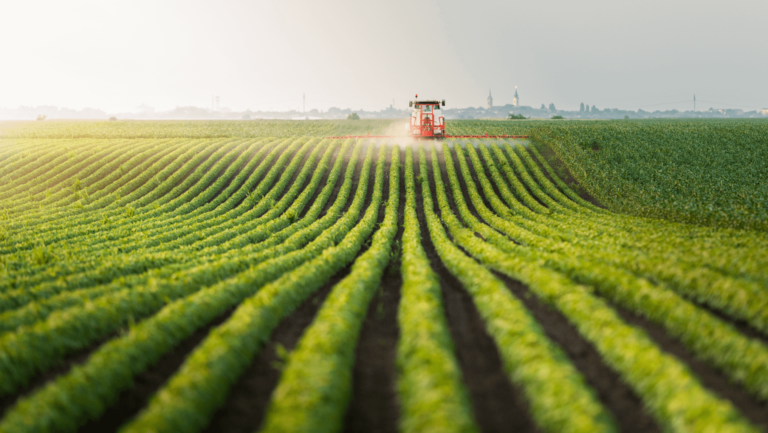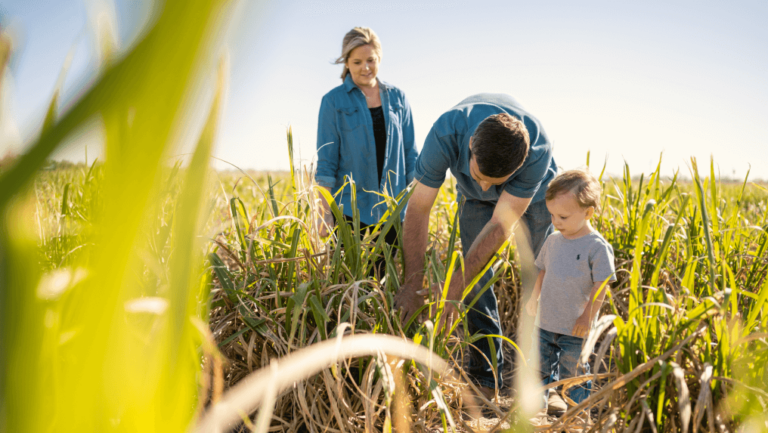Grove Owners Have A Lot to Mull Over When Considering Citrus Resets
Florida citrus growers are facing many challenges with HLB, but there are many viable options when looking at whether to plant new citrus trees or reset groves.
It has been more than 20 years since HLB started impacting citrus farming in Florida. With the studies and experiments already being done on the disease and more money likely coming from the 2018 Farm Bill, there is still hope the state known for orange juice will remain that way. In my recent column in Central Florida Ag News, I presented some possible solutions for agribusinesses considering citrus resets or full grove replants. Let’s delve a little deeper on this topic.
Endeavors to Support the Cause for Resetting in Citrus Groves
At the University of Florida, Tropicana has leased 14.5 acres to test different selections of citrus cultivars and rootstocks. Some of the combinations in the study have so far shown success with both yield and tree health. “We are continuing to screen rootstock hybrids for HLB tolerance that can be transmitted to a grafted scion. So far, we have screened more than 10,000 hybrids, and we have identified a few truly promising selections. Citrus breeding is a continuum— we are constantly building on previous progress,” says Jude Grosser, a UF/IFAS professor of horticultural sciences.
Happening in Polk County, the Dundee Citrus Growers Association has started a program called Citrus Under Protective Screens (CUPS) that helps grow new, healthy trees and aims to, in turn, help the profitability of the citrus industry. The creators of the CUPS program put forth that the growing system will shield the trees from HLB and other diseases, while also saving the farmer fertilizer, water, and pesticide use, maintaining sustainable growth as well as protecting natural resources.
Another possible solution for supporting a resetting program in citrus groves is called the Tree Defender. It was created by local growers to try to get a temporary solution to the greening problem. The Tree Defender company says “confidently” that no psyllid has been found on “any tree being covered by their protective, breathable screen.” The Tree Defender protects new trees from psyllids and greening in their first two years of life while the trees are in a vegetative and growing state.
When the bag is removed in two years, the trees seem to be healthy and free of pesticides. Farmers that want to protect the tree further can invest in a larger version of the Tree Defender.
Independent tests by Dr. James Graham, a professor of Soil Microbiology at the UF/IFAS Citrus Research and Education Center, showed Valencia trees planted at 250 per acre protected with The Tree Defender for the first two seasons returned a profit of more than $3,000 per acre and had an Internal Rate of Return of 60.7 percent. His model was run with the adjustments of various parameters such as variety, fruit quality, fruit value, cost of the Tree Defender, and years of protection of the tree from Tree Defender.
Other Factors Affecting Citrus Resets
With the destruction that was brought by Hurricane Irma, Florida congressmen have been working to get not only more funding to fight HLB, but also to aid Florida citrus growers in further recovery from post-storm damages.
Citrus farming in Florida may face many challenges, but with Senator Bill Nelson, D-Fla. getting relief money put into the Farm Bill and the efforts of Florida Department of Agriculture & Consumer Services Commissioner Adam Putnam— he recently went to Congress with Governor Rick Scott to lobby— there is hope more money is on its way. According to the most recent data, Hurricane Irma caused about $2.5 billion in losses, $761 million felt by the citrus industry.
That being said, our team at AgAmerica is here to support the Florida citrus industry and all farms and ranches as they make business decisions that may require our unique set of agricultural lending solutions. Whether you are considering citrus resets, planting new citrus trees, or diversifying your operation with an alternative crop, we’re here to help.
Learn more about increasing your working capital with our citrus grove loans.






